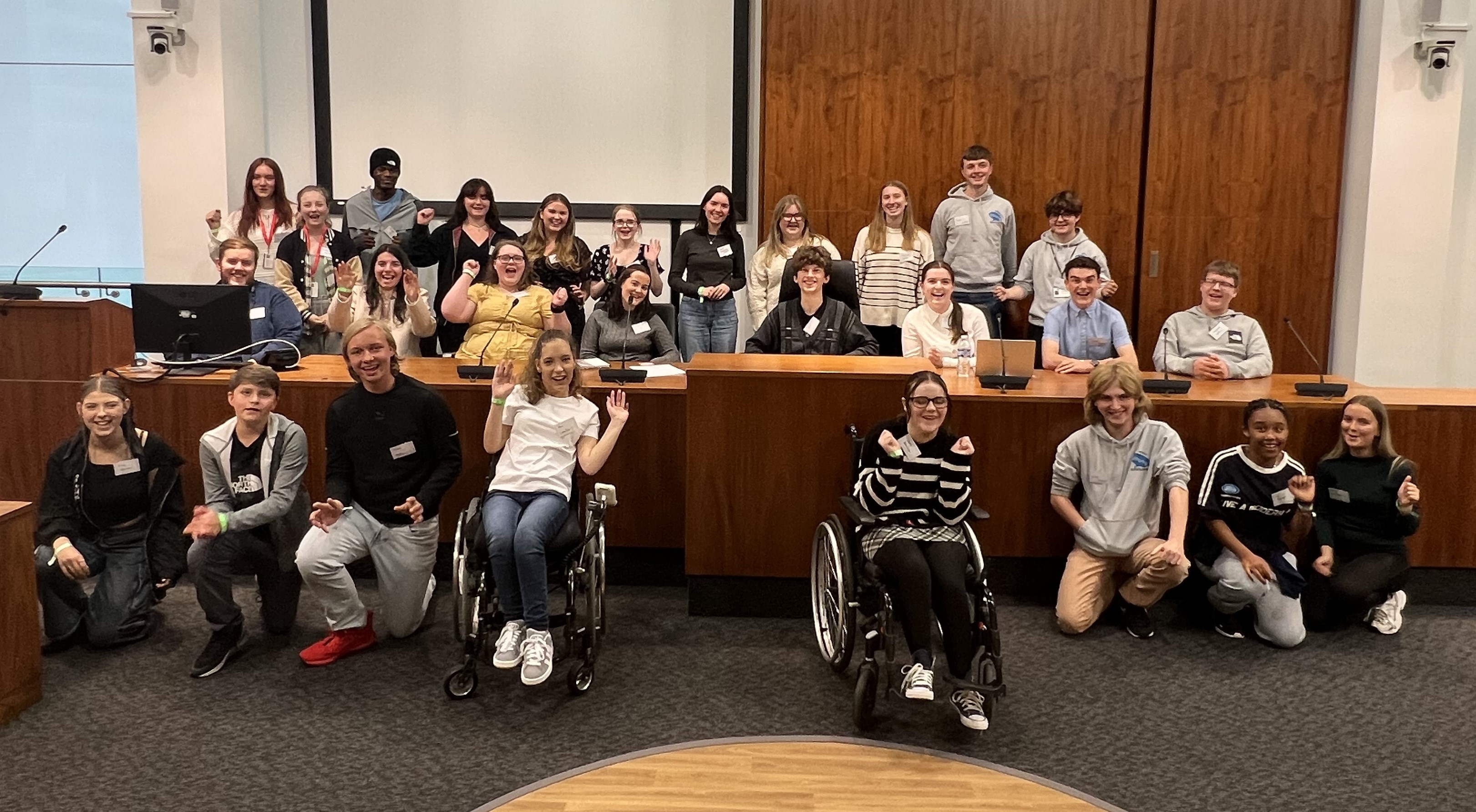Back to What we do
Transport Infrastructure
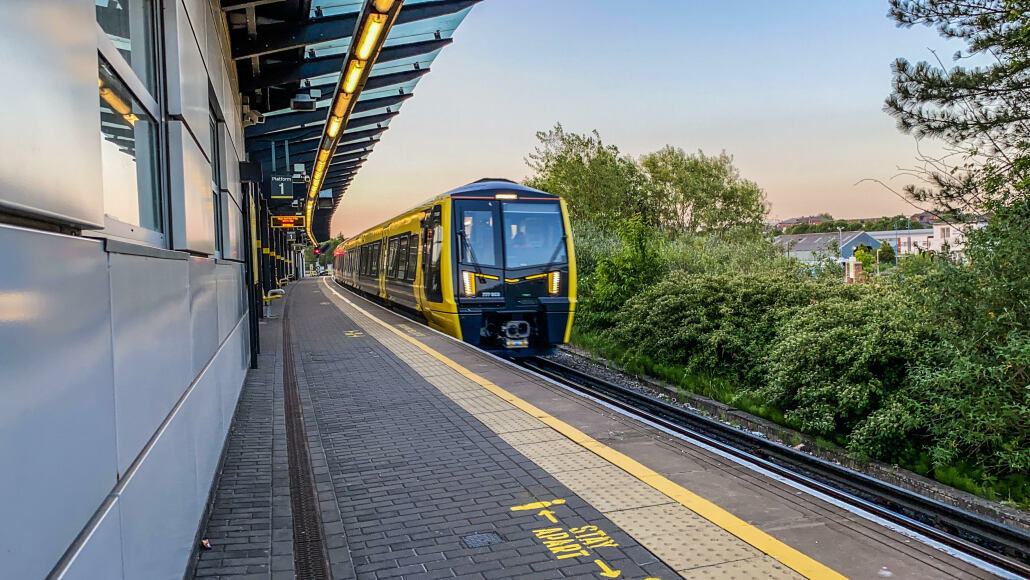
Creating a London-style integrated transport network
A modern, effective transport system is what defines great international city regions, connecting people to work, education, public services and leisure, keeping our communities connected and helping our economy to thrive.
We’re investing hundreds of millions of pounds to create the London-style integrated transport network that our region deserves. With new trains on our Merseyrail network, new stations, zero emission hydrogen buses, a safer cycling network, and smarter tickets, we are well on the way to delivering the Mayor’s vision.
We’re also working with other northern cities and regions and Transport for the North to secure future inter-city connections for the Liverpool City Region.
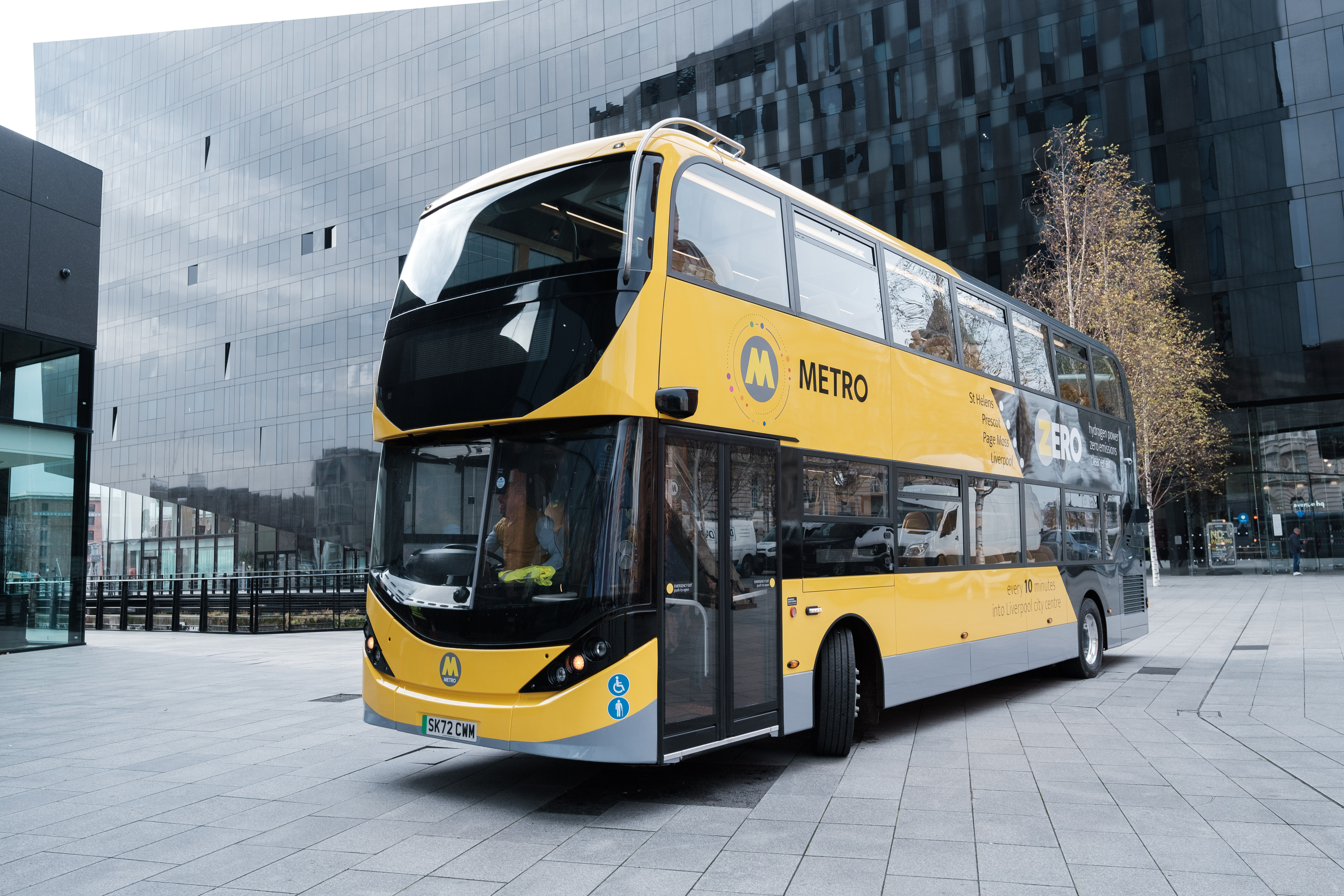
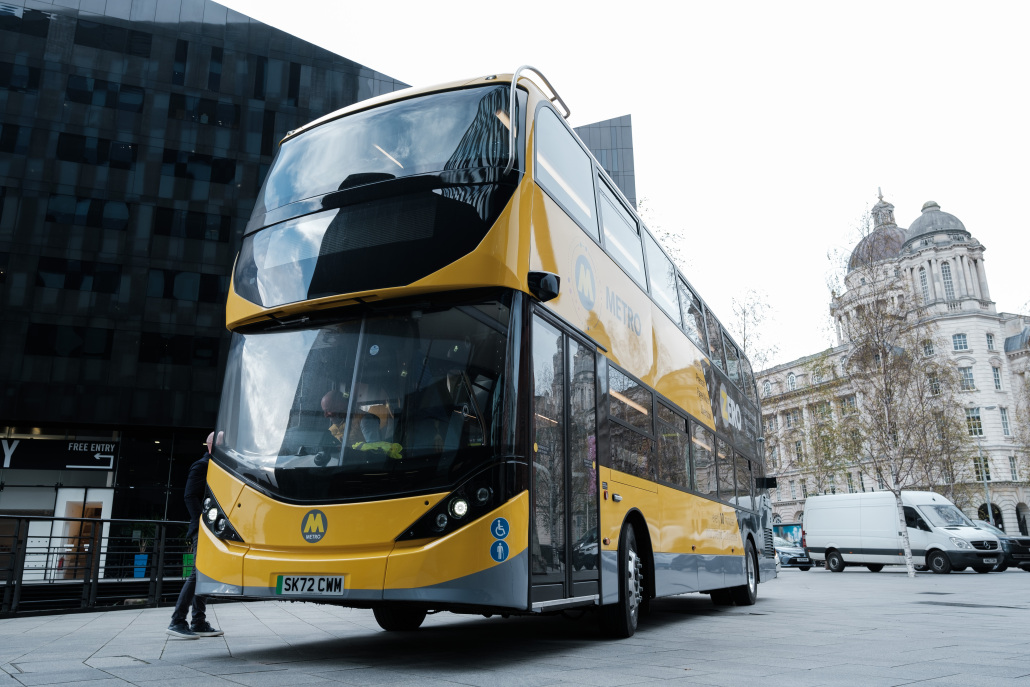
Liverpool City Region’s buses
Liverpool City Region’s trains
We’re investing hundreds of millions in new trains, stations and rail infrastructure to open up the network to more people and places across the city region.
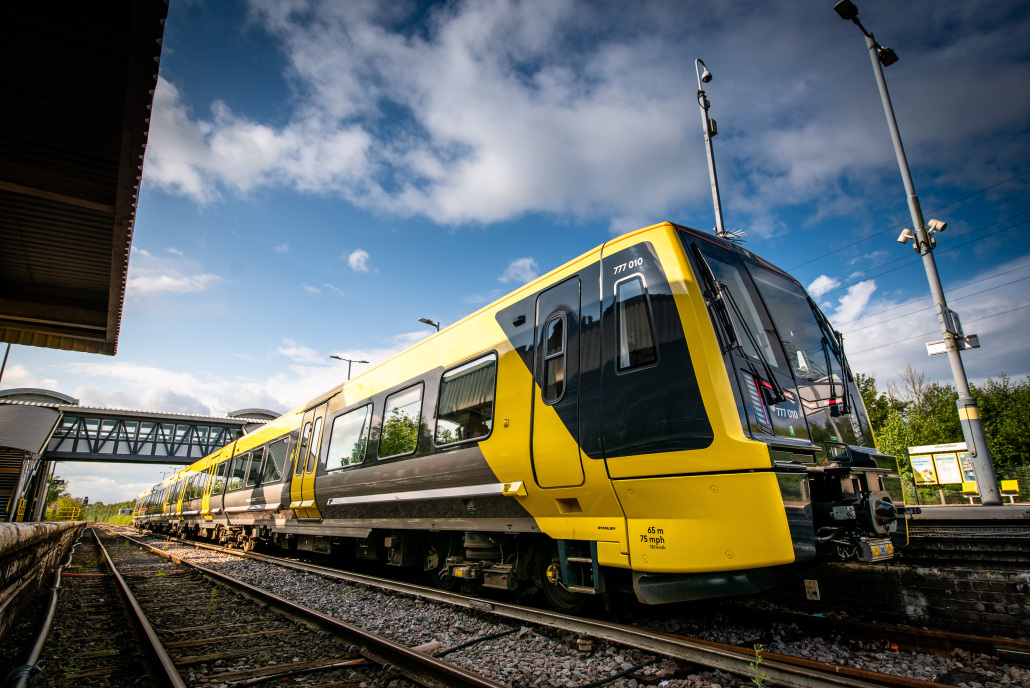
Industry-leading partners sought to join the Liverpool - Manchester Railway Partnership Board
New trains for the Merseyrail network
We’ve invested £500 million to introduce a brand-new fleet of, publicly owned, state-of-the-art trains to the Merseyrail network. And they are rolling out across the network right now.
Replacing the old fleet that has served the Merseyrail network the since the late 1970s, the new trains are packed with cutting-edge features like Wi-Fi, air-conditioning and step-free access – making them accessible to all.
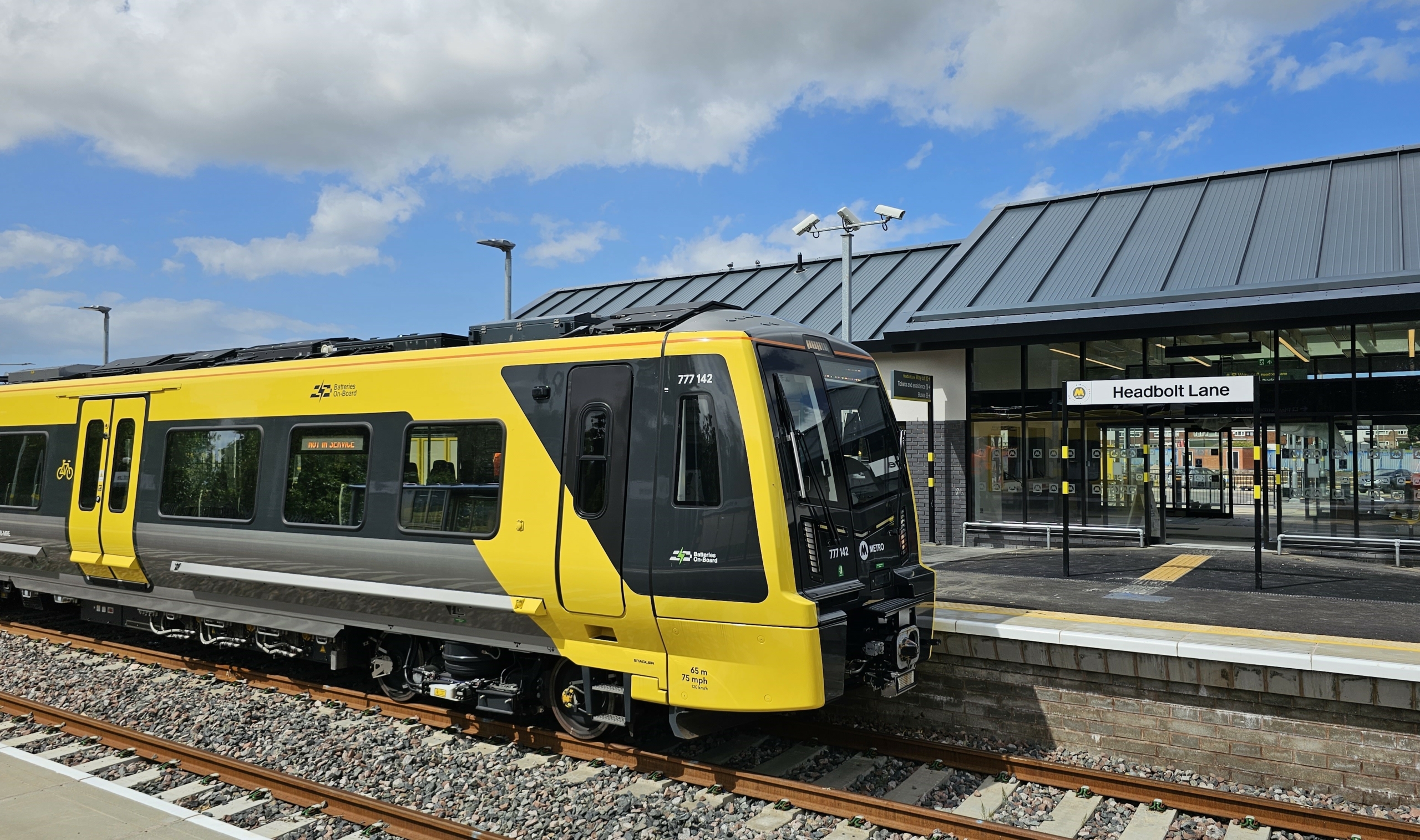
New and upgraded stations on the network
Headbolt Lane Station (Kirkby)
The brand new, £80 million station at Headbolt Lane in, Kirkby opened to passengers in October 2023 – the first new station to open in Knowsley since 1990 (Whiston) and the first extension of the Merseyrail network since 1994 (Hooton-Chester/Ellesmere Port).
It also represents a milestone in UK railways – as the first station to be served by an all-electric, battery powered passenger fleet of trains.
The use of battery technology has removed the need to extend the electrified third rail beyond the existing Kirkby station and opened up the possibility of Merseyrail trains travelling to new parts of the city region and beyond.
The station building provides modern waiting facilities, along with step-free access to and between all platforms, a bus interchange, cycle storage and links to active travel networks and a park-and-ride car park.
Maghull North
In 2018, we opened the first new station on the Merseyrail network for 20 years. It improves access to the Merseyrail network for local people, helping reduce pressure on the older station in the town and supports new housing developments, with hundreds of new properties being built in the area.
Liverpool Baltic Station
Plans are progressing for a brand-new station serving Liverpool’s thriving Baltic Triangle district. The station is planned for the site of the historic ‘St James’ station, which was closed in 1917 as a cost-cutting measure during the First World War and was never re-opened.
The station would be located between Liverpool Central and Brunswick Station on the Northern Line and will include passenger toilets, a cycle hub, step-free access to and between both platforms and a passenger drop-off area outside.
The scheme is currently in the design development stage. Land has been purchased to safeguard the site of the new station ticket office building and the current plans aim for work to start on site in 2025, subject to planning permission being secured for the construction stage.
Newton-le-Willows
Newton-le-Willows station has been transformed into a transport hub with a new bus interchange, 340 more car parking spaces, new booking hall, lifts, subway and stairs. It is helping local people capitalise on Newton-le-Willows’ enviable position of being halfway between Manchester and Liverpool, helping open up leisure and employment opportunities in both city regions. It also builds on the electrification of the rail line, which means that journeys between Liverpool and Manchester can take as little as 30 minutes.
Station Upgrades
Halton Curve
New services have unlocked leisure and business opportunities between the Liverpool City Region, its airport, Cheshire and North Wales – made possible through the re-signalling and upgrading of 1.5 miles of existing single direction track on the ‘Halton Curve’. Services between Chester and Liverpool Lime Street, using the Halton Curve, commenced in 2019.
Liverpool Lime Street Station
The Combined Authority has worked closely with the rail industry to bring about a significant improvement to the station that allows for more frequent services to existing and new destinations. Completion of a new and re-modelled platform and re-signalling now means that there’s the capacity for two services per hour to London.
Cycling and Walking
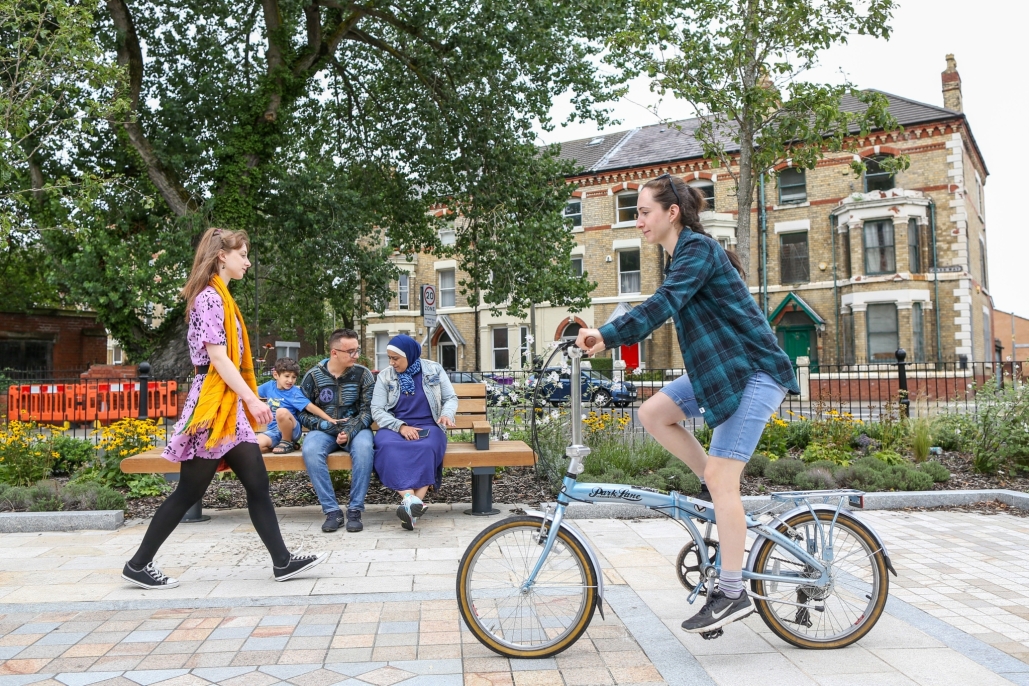
Liverpool City Region’s cycling and walking network
Ferries
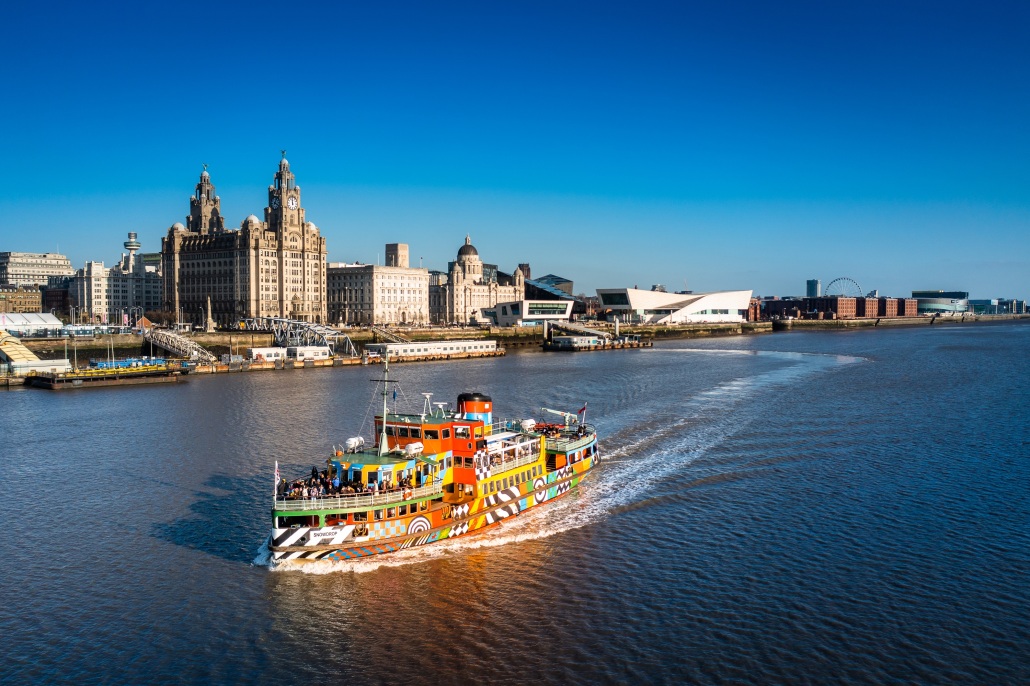
New Mersey Ferry
The first new Mersey Ferry in more than 60 years was announced by Liverpool City Region, Mayor Steve Rotheram in 2023. The £26 million project is well underway, and we’re ready to show you what it will be like to hop aboard when she arrives on the water in 2026. With stylish interiors and bright, open plan spaces, the fully accessible Ferry will be the perfect way to explore the City Region and take in the unrivalled views the Mersey Ferry offers.
Accessible for all
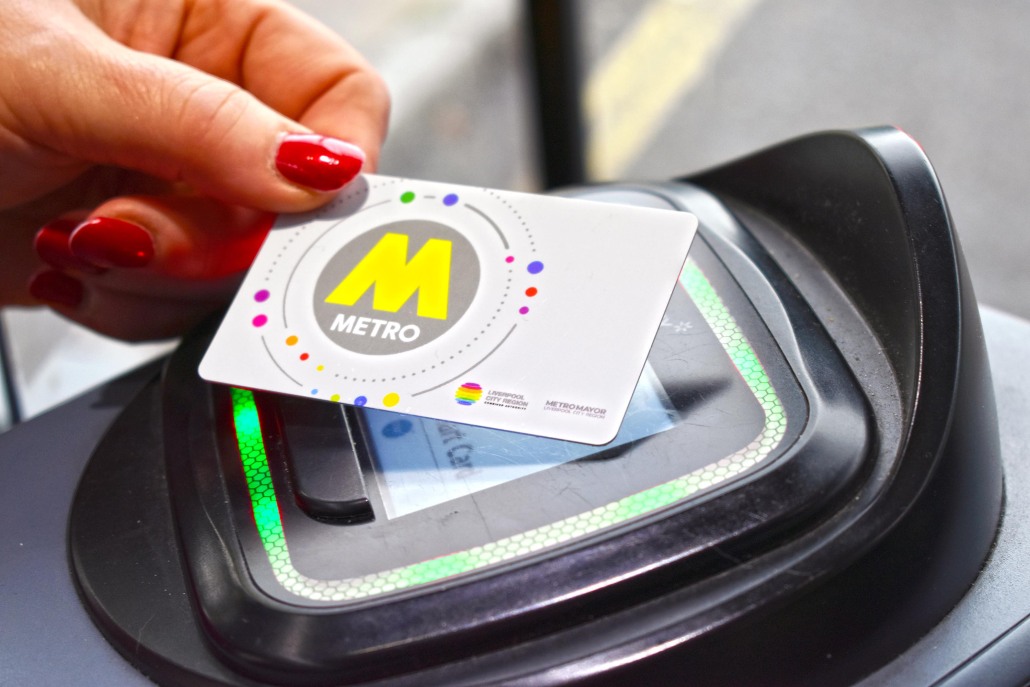
Local Transport Plans (LTP)
Our LTP will set out plans, policies and ambitions for transport services and transport investment in the city region until 2040. The current LTP3 was published in 2011 is two separate documents (covering Merseyside and Halton), and needs to be updated with input from the public.
With a clear vision and goals, the plan provides a blueprint for making the public transport network more integrated, sustainable and accessible to all – which are the key pillars of Liverpool City Region Mayor Steve Rotheram’s vision for a London style transport system.
It sets out what transport needs to do in order to continue to support communities, our economy and the Combined Authority’s wider objectives as a city region, looking at our overarching ambitions for rail, bus, active travel and more. It also recognises that we live in uncertain times, and where new technology is also changing how we work, live and travel.
We are now starting to develop the new LTP4 for the period to 2040 and beyond. The LTP4 Vision and Goals document was consulted upon in Autumn 2022 and is available via the link below. We are now working on the LTP4 Preferred Strategy which we hope to consult upon in Summer 2024 before finalising and adopting the new Local Transport Plan 4 for Liverpool City Region by end of 2024
Affordability & Concessions
Offering an affordable range of travel options is a key priority for the Mayor and Combined Authority.
We own, operate and set the fares for the Mersey Ferries, the Mersey Tunnels and set fares for the supported bus services funded by the Combined Authority. Commercial bus and rail operators are responsible for setting their own fares, but we’re working hard to influence operators to get passengers a fair deal.
Tunnels
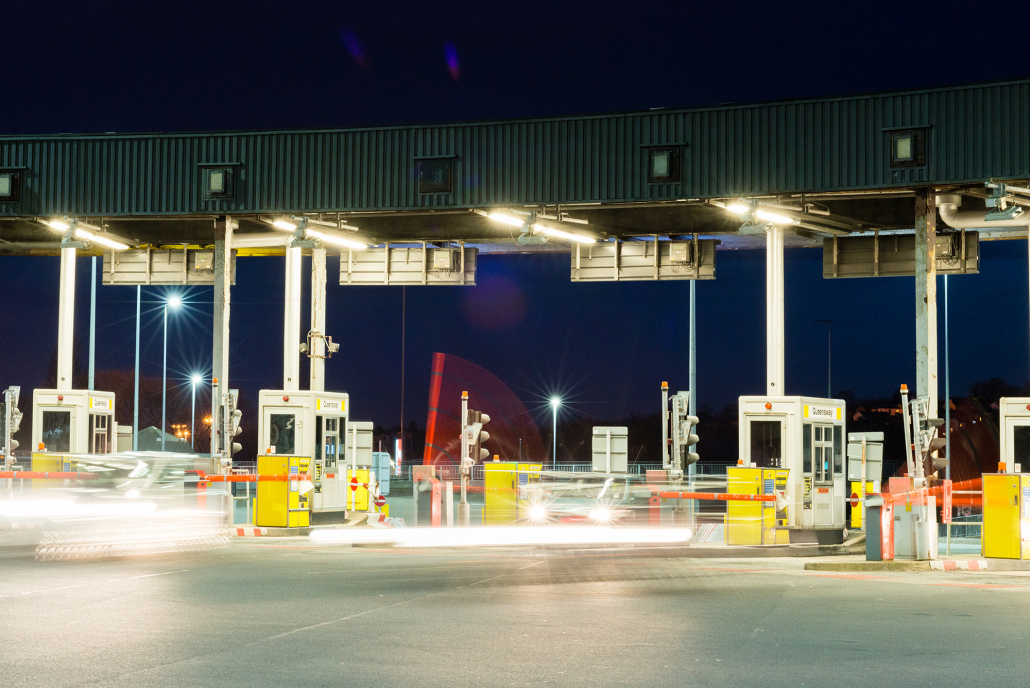
Liverpool City Region’s roads
Connecting people and places across the city region is crucial which is why investing in our roads is a key priority for the Combined Authority.
The Key Route Network is made up of roads that are vital in keeping people and businesses on the move, and are key to boosting economic growth in the city region.
Responsibility for the network was devolved to the Metro Mayor as part of the Liverpool City Region’s devolution agreement.
The Combined Authority recognised the importance of maintaining these roads, and we have carefully designed our investment programme to support important routes and to boost economic growth, benefitting everyone who lives and works in the city region.
The Combined Authority has been investing in highways improvements with the latest cash injection coming in the form of £232.96m from the City Region Sustainable Transport Settlement for a Highways Maintenance and Non-Maintenance package with all six areas of the city region receiving a share.
This is funding a wide range of upgrades including the installation of pollution sensor on important corridors to monitor harmful emissions and particulate matter, These and other improvements are designed to support public transport services, relieve congestion, and improve air quality for local communities.
The devices will be fitted to traffic lights on 37 important corridors – including the Strand, Dunnings Bridge Road in Sefton and the Bridgewater Expressway in Halton – and will monitor harmful gases and particulate matter. The data will then be sent live to local authority highways management teams as they control traffic signals and electronic signage on major corridors.


